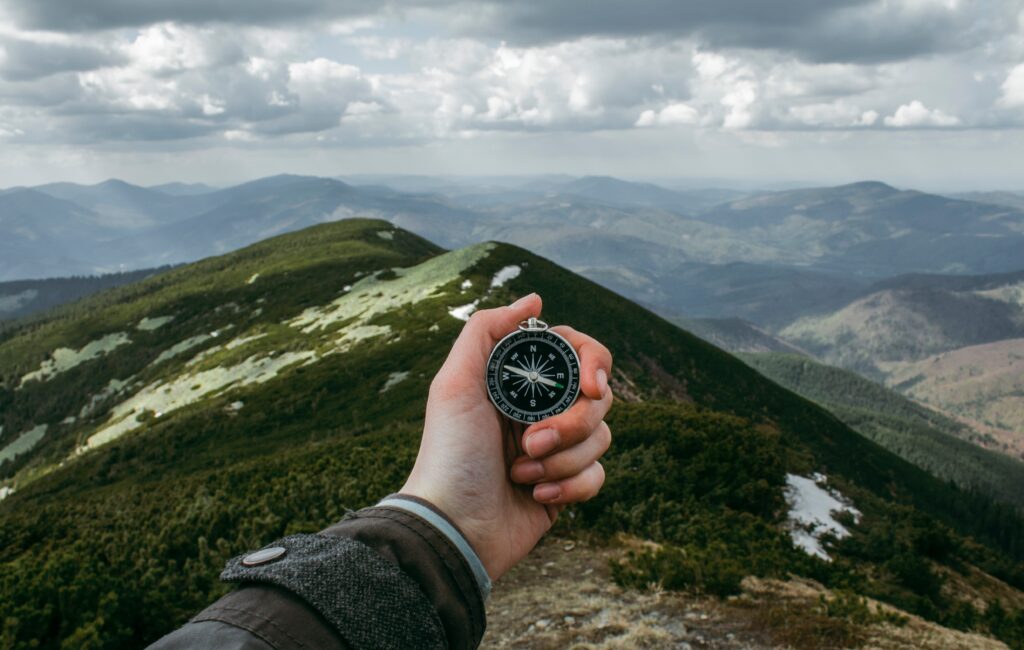Exploring the great outdoors can be a thrilling experience, but it can also be dangerous if you get lost. Navigation and orientation skills are essential for any outdoor adventurer. Knowing how to find your way in the wild can save you from getting lost and help you get back to civilization safely. Here are some tips to help you navigate and orient yourself in the wild:
1. Bring a Map and Compass
A map and compass are essential tools for navigating in the wild. Before heading out, make sure you have a detailed map of the area you’ll be exploring and a compass to help you navigate. Learn how to read a map and use a compass before you go. Familiarize yourself with the symbols on the map and practice using the compass to find directions.
2. Use Landmarks
Landmarks are natural or man-made features that can help you navigate in the wild. Look for distinctive features like mountains, rivers, or buildings that can help you orient yourself. You can also create your own landmarks by placing markers like cairns or flagging tape along your route.
3. Pay Attention to the Sun and Stars
The sun and stars can also help you find your way in the wild. During the day, the sun can give you a general sense of direction. In the northern hemisphere, the sun rises in the east and sets in the west. At night, you can use the stars to navigate. Learn how to identify the North Star (Polaris) and use it to find north.
4. Follow Trails and Footprints
Trails and footprints can also be useful for navigation. Follow established trails whenever possible, and look for footprints or signs of human activity to help you find your way. Be aware that footprints can also lead you astray, so make sure you know how to read them properly.
5. Use a GPS Device
A GPS (Global Positioning System) device can be a helpful tool for navigation in the wild. GPS devices use satellites to determine your location and can give you precise coordinates to help you navigate. However, it’s important to remember that GPS devices can fail or lose signal, so it’s still important to know how to navigate using traditional methods.
Navigation and orientation are essential skills for any outdoor adventurer. By bringing a map and compass, using landmarks, paying attention to the sun and stars, following trails and footprints, and using a GPS device, you can find your way in the wild and stay safe while exploring the great outdoors.

